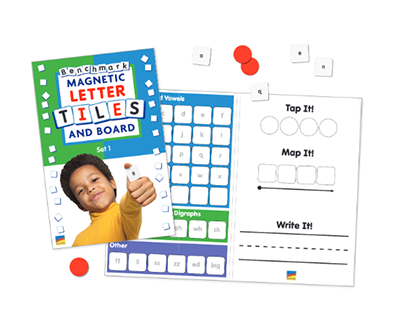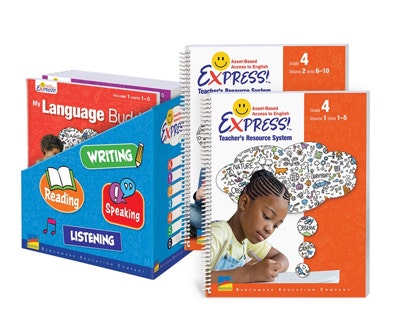Skip to Content
Language
- Benchmark Education
- Newmark Learning
- Reycraft Books
- Create an Account
Phonics Programs that Build Confident Readers
Explore trusted, evidence-based tools that support foundational literacy.
Resources
Decodables, Phonics, and Word Study Knowledge Hub
Unlock the building blocks of literacy with resources that strengthen decoding, phonics, and word study skills.
Access practical tools and strategies to enhance reading skills.
The Fluency Knowledge Hub
Help students improve accuracy, expression, and confidence in reading.
English Learners
Knowledge Hub
Discover strategies, resources, and insights to support English Learners. Equip your classroom with tools to enhance language development and academic achievement.
Family & Community Engagement Hub
Discover tools and resources designed to foster meaningful collaboration between schools, families, and the community.











